Academic Advising, Support & Bar Preparation
WashULaw Students have access to a wide variety of resources as they work to accomplish their goals and meet the challenges of pursuing a legal education. The Office of Student Life is available to provide personal, professional, and academic advice as well as to make referrals to University and community resources.
Academic Advising Program
The Academic Advising Program provides students with advising, mentoring, and support as they enter law school and progress through their legal education. This program is open to all students and any student may seek the help they need at any point in their legal education on a formal or informal basis. Below is a listing of some of the offerings through Academic Advising:
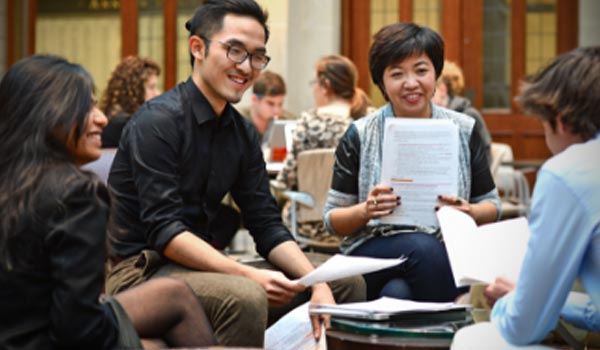
Academic Excellence Panels
These Q&A-style panels are offered during the Fall Semester and are designed to allow first-year students to hear advice from upper-level students on various topics, such as reading and briefing cases, taking notes in class, synthesizing and outlining, and exam preparation.
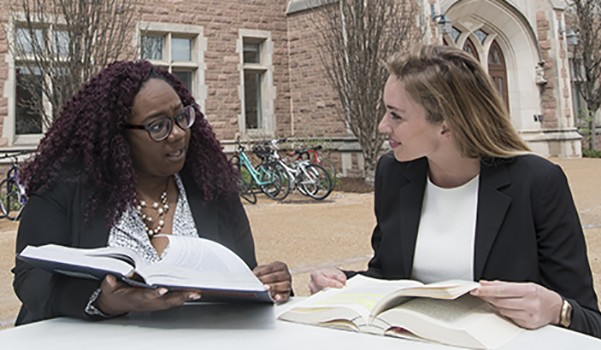
Peer Academic Advisors
A select group of upper-level students serve as Peer Academic Advisors and they hold office hours throughout the week for students to drop in and ask questions and advice about any aspect of their legal studies.
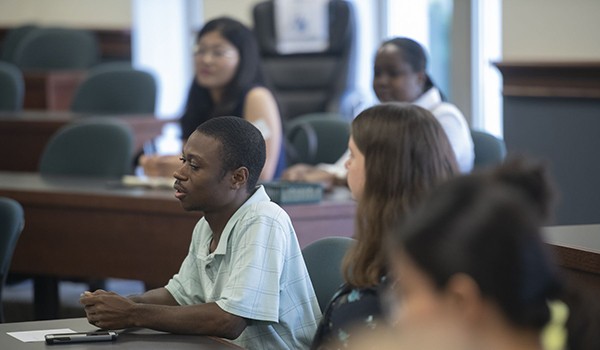
Bar Strategy Meetings
Members of the Office of Student Life meet individually with each 3L student to tailor a plan for applying and studying for a bar examination. During these meetings, we discuss the application process, help students determine dates and deadlines, and ensure they stay on track.
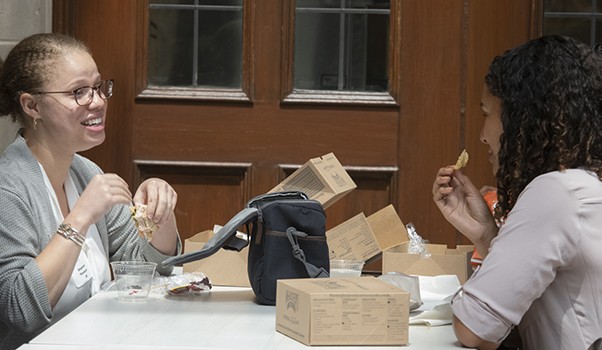
Snack Breaks
During the fall semester, the Office of Student Life meets with each Legal Practice section to assist students with the transition to law school. The snack breaks are an opportunity for students to ask questions in a small group setting and to learn what other law students are interested in exploring at the beginning of their 1L year.
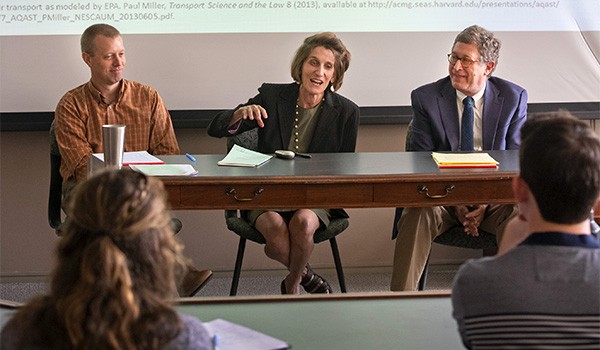
Bar Exam Information Sessions
The Office of Student Life hosts, in person or via Skype, bar examiners from a variety of jurisdictions. During these information sessions, the bar examiners overview key aspects of their state’s bar, including the application process, character and fitness requirements, subjects covered on the exam, and scoring of exams. Students also have the opportunity to ask questions.
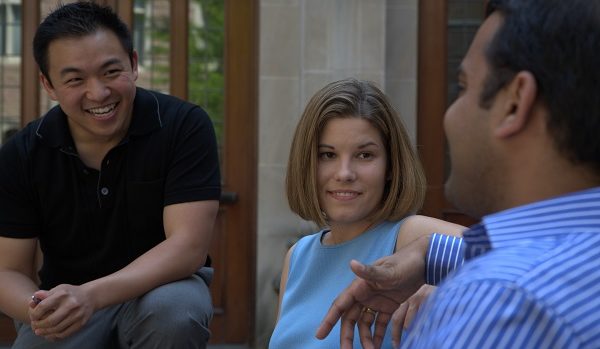
Individual Consultations
Students may schedule individual appointments with the Associate Dean for Student Life to discuss any issues or concerns relating to their law school experience. In addition, the Office of Student Life has an "open door" policy and students may drop in any time during normal business hours.
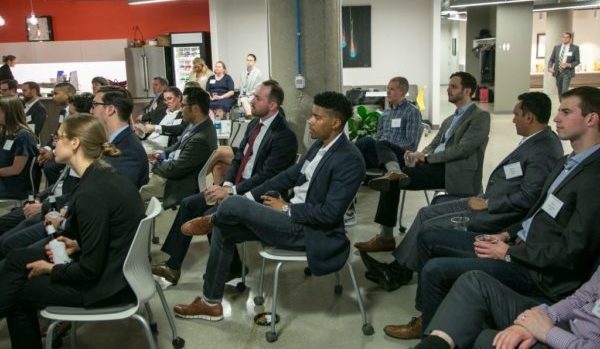
Curriculum Advising Workshops and Panels
WashULaw’s faculty and the Office of Student Life collaborate to provide students with comprehensive and strategic advice on selecting courses during the second and third years of law school. Through attending panels and individual meetings with professors and the PeerAcademic Advisors, students receive guidance to navigate curricular choices that will advance their professional objectives.
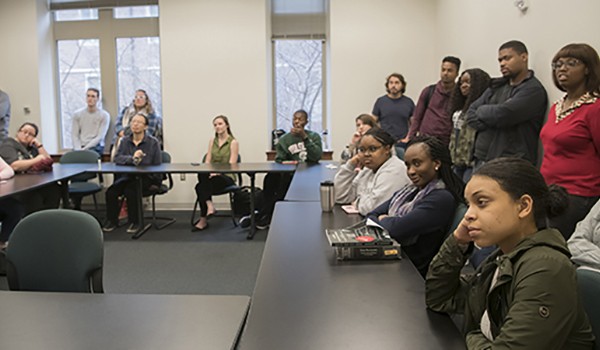
Academic Skills Small Group Workshops
The Academic Advising Program offers academic workshops throughout the school year. These workshops, while geared towards first-year law students, are open to the entire law school community. They are led by the Peer Academic Advisors and focus on a variety of areas specific to our law school experience, such as effectively and efficiently digesting and outlining course materials, pros and cons of study groups, balancing academic, personal, and extracurricular activities, learning from practice exams, writing successful law school exams, and selecting courses consistent with professional objectives.
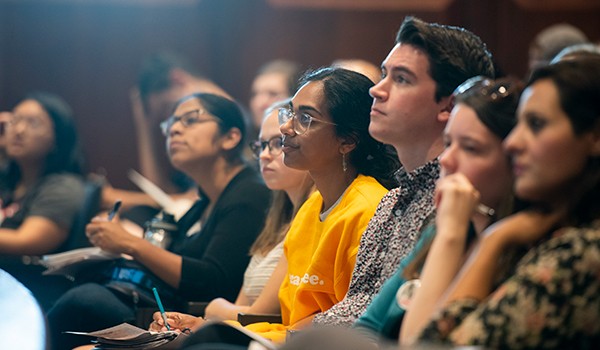
Academic Areas of Interest
Students are also encouraged to consult the academic areas of interest. These areas identify courses, including clinics and externships; extracurricular activities; and other opportunities relevant to WashULaw’sprimary academic areas. Faculty with expertise in each academic area of interest are also listed so that students can readily identify which faculty members might have particularized knowledge or insights that may assist students.
Academic areas of Interest